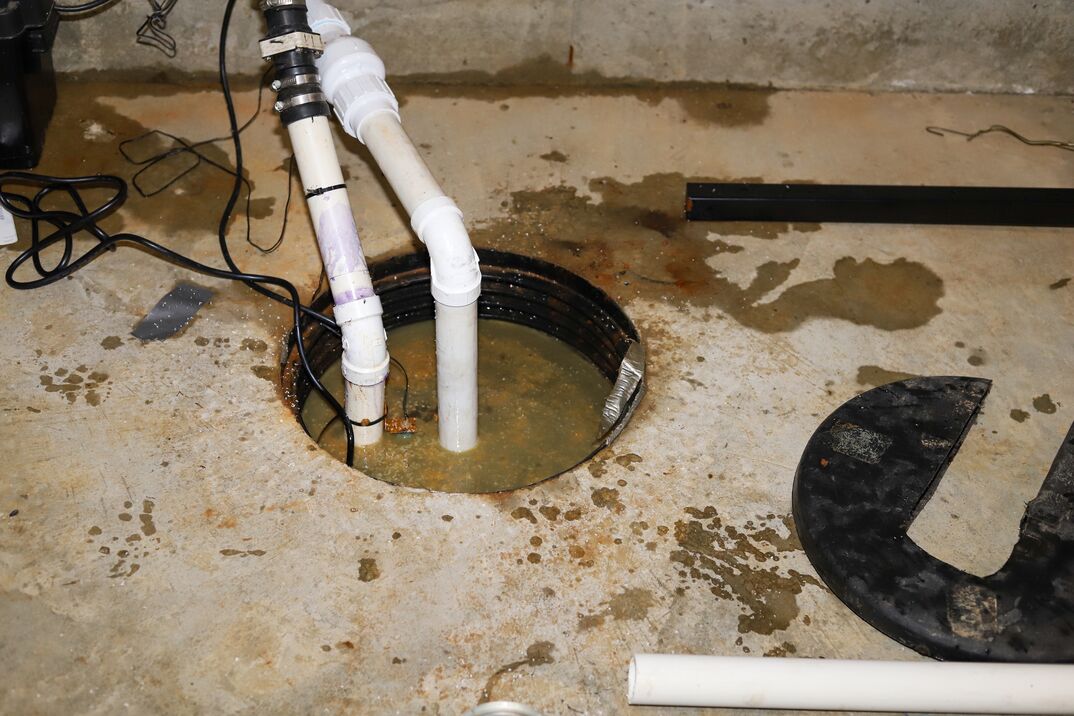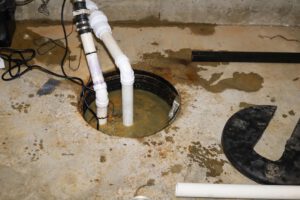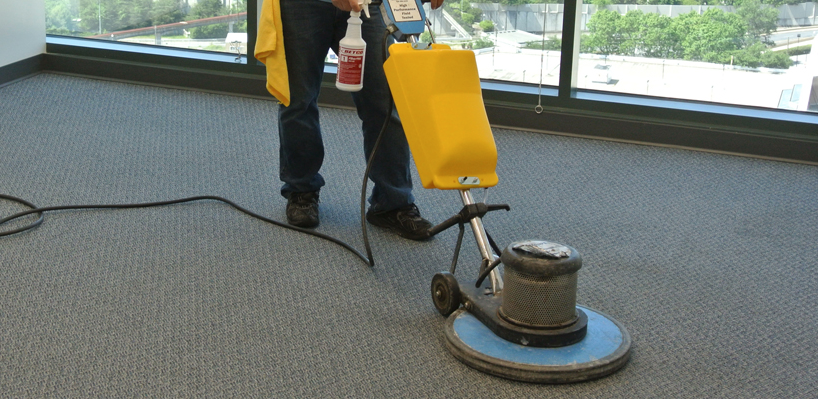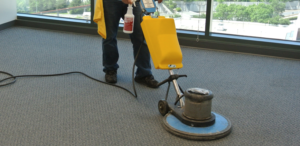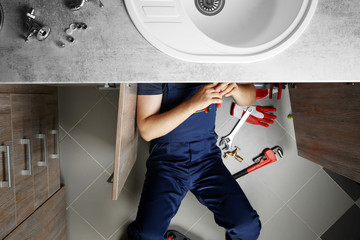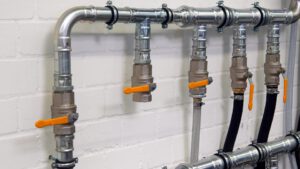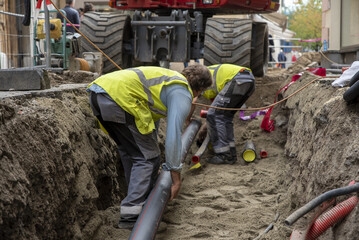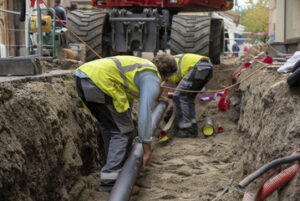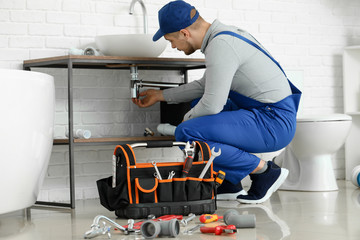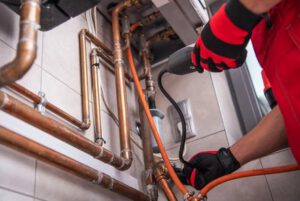Plumbing experts specialize in designing, installing, and repairing piping systems. Chatsworth Plumbing has expertise in plumbing code compliance, construction defects, personal injury claims, and more.
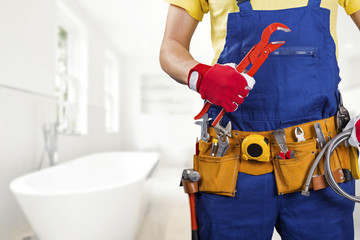
Having a good plumber can save you a lot of money. It is important to find one that is licensed and charges fairly for their services.
A plumbing system is a series of pipes that transports water and waste in your home. It’s a crucial part of your house that needs to be well-maintained to ensure you and your family have access to clean, safe drinking water and to protect your home from potential leaks or damage caused by flooding or fire.
The main components of a plumbing system include water supply lines, drain lines, and vents. Water supply lines carry freshwater into your home, while drainage lines move wastewater away from your house. Your plumbing system also includes hot water heaters, which supply your household with heated water.
Leaks in your plumbing can be extremely dangerous and need to be fixed immediately. Not only do they lead to damp problems, but can also affect the pressure of your home’s water supply, making it impossible to wash dishes or take a shower. Fortunately, there are many emergency plumbing services that can help you out when you need it the most.
Most plumbers charge an hourly rate, but some may offer fixed prices for certain tasks such as unblocking drains or toilets. These prices are usually lower than the hourly rate and can save you a lot of money in the long run. However, it’s important to find out exactly what the fixed price is before hiring a plumber.
It’s also a good idea to understand how your plumbing system works so you can make informed decisions about the best plumber for you. This will ensure you get the best service and avoid any unnecessary costs.
A plumbing expert is a professional who specializes in installing, maintaining and repairing piping systems in buildings and homes. They use their expertise to deal with issues such as faulty plumbing, water damage, and hazardous materials. They can also advise clients on how to maintain their piping systems and prevent issues from occurring.
The experts in this field have a wide range of experience and can provide an objective opinion on any issue that arises. They can also assist with litigation by forming expert opinions and drafting reports for legal cases. They can help attorneys determine whether a particular incident was caused by a negligent act, product failure, or other factors.
Plumbing devices are the pipes and other hardware that deliver fresh water to buildings and remove wastewater. The system is regulated by laws and guidelines set forth by state and local governments in an effort to protect public health and safety. Many of these guidelines have been updated recently to account for new technologies and practices.
Water supply pipes are often made of copper or PEX, though steel and other materials may be used in older systems. These pipes carry fresh water from the municipal water source to houses and buildings. They are usually buried underground, but may be located in crawl spaces or at the surface. They are connected to fixtures such as showers, toilets, bathtubs, sinks, washing machines, dishwashers, and so on through a series of fittings.
A plumbing fixture is any device that uses or carries water. It is generally seen by the end-user and is designed for their use. Examples include water closets (toilets), sinks, bathtubs, showers, washing machines, ice makers, and kitchen faucets. Plumbing fixtures are also used by commercial and industrial buildings, such as factories and warehouses.
Plumbing devices often require specialized tools to install and repair them. Some of these tools are hand-held, but others are larger and more powerful. Plumbers use tools such as pipe wrenches, flaring pliers, vises, dies, and crimping tools to make connections and repairs. They also use specialized video cameras and hydro jets to inspect sewer lines and other large-scale plumbing jobs. These devices help plumbers find and fix problems more efficiently. They can also make the job safer for the plumber and the property owner. They can also reduce cleanup and restoration costs by allowing the plumber to work in tight areas that would otherwise be impossible or unsafe.
Plumbing is the practice of installing, maintaining and repairing all pipes, fixtures, appliances and other devices connected to a home water supply system, drain waste system and venting system. It does not include the drilling of water wells or the business of selling or manufacturing plumbing equipment, appliances and supplies.
If you are a homeowner with a plumbing issue, it is helpful to know some basic terms so that you can better explain the problem to your plumber. This will help ensure that the plumber understands your issue and can fix it quickly and correctly.
Some common plumbing terms are:
Overflow Drain: This type of drain prevents water from overflowing from sinks and bathtubs. It usually has a screen or trap that covers the drain opening to catch debris. It is commonly found in bathrooms and kitchens. Shutoff Valve: This is a valve that controls the flow of water to individual fixtures in your home. It can also be used to shut off water flow if you need to repair a leak or break in a pipe.
PVC: Stands for Polyvinyl Chloride, a plastic pipe that is used in drain, waste and vent pipes. It is easy to work with, but not as durable as copper or cast iron. It is also less expensive than other materials. Pipe Threads: These are the ridges on the inside surface of a pipe that hold it in place. They must be smooth to avoid leaking and corrosion.
Pipe: A length of tubing with a fitting on both ends. Pipes are made of different materials, but all have the same basic design. They are either cast or welded. The most common types of pipes are copper, galvanized steel and PEX.
Water Hammer: This is a sound produced when water pressure in a pipe increases suddenly and causes the pipes to vibrate or resonate. It can cause damage to the pipe and its joints.
If you notice a sudden increase in your water bill or are having issues with slow drains, contact a professional commercial plumber for assistance. They can use tools like a video camera to check for any issues with your pipes. They can also help you find ways to reduce your water usage and save money on your utility bills.
A plumbing software program is a powerful tool for helping a company increase customer happiness, optimize operations, and boost revenue. The best plumbing programs are designed for the unique needs of the industry and offer multiple features that simplify business management from an office and field standpoint. Some examples include work order management, scheduling software, and client management options. Some of the more advanced plumbing software will also integrate with QuickBooks Online to help eliminate double entry.
Plumbing software helps businesses manage the entire lifecycle of a job from start to finish. The right tools help technicians easily generate accurate estimates, quickly schedule appointments, and dispatch plumbers to each job. These software programs can also help with customer service and billing, allowing customers to view their service history and pay invoices online. Some of the best plumbing software for contractors can even help with marketing, by automating campaign delivery and capturing new leads.
Small and large plumbing companies both need a plumber’s software solution that can grow with their company and handle the demands of a busy schedule. A one-person plumbing company may only need a simple plumbing software program that allows them to schedule and dispatch work with ease. Larger companies with multiple offices, plumbers, and office staff will need more robust software that offers work order management, scheduling, document management, and accounting functionalities.
Many plumbing programs include a mobile app to improve communication between the office and field. This can be especially helpful when a task changes or a client calls in to cancel. The best plumbing software programs will update the database and notify field personnel of these changes in real time, reducing friction between teams and improving overall productivity.
Modern plumbing software can be an essential tool for growing your company. The right software can streamline operations from the office to the field, giving you a competitive advantage. The best plumbing programs can also automate campaigns, increase sales to current clients, and help you manage recurring services with easy-to-use, customizable templates. They can also send payment reminders and thank-yous to keep cash flowing in and build customer satisfaction.
